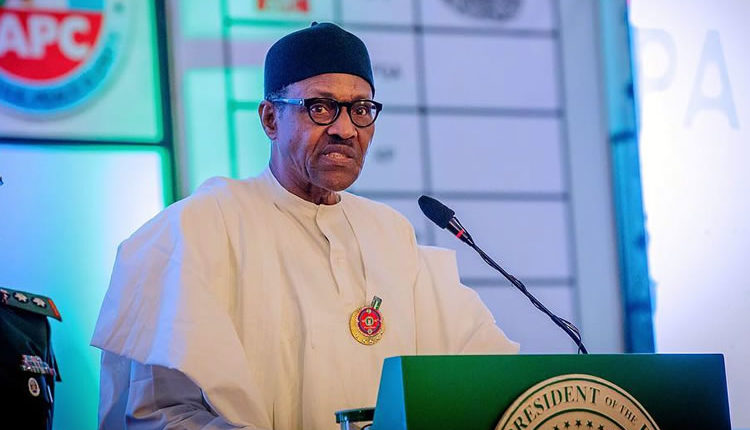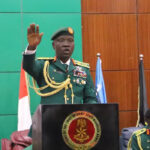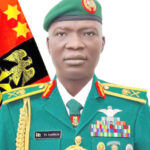Nigeria Fellows of the King Abdullah bin Abdulaziz International Centre for Interreligious and Intercultural Dialogue (KAICIID) have urged the Federal Government to name the sponsors of terrorism and banditry in Nigeria.
The organisation made the call on Monday in Abuja at a one-day round table on “Insecurity in Nigeria and the Way Forward” organized by the fellows.
- Emir threatens to sack village heads conniving with bandits
- PODCAST: How Insurgents control over 500 communities in Niger state
The organization, which said that while the recent purchase of the Super Tucano fighter jets, are good steps, this was not enough and that President Muhammadu Buhari must name terrorism financiers and decisively dealt with them.
Convener of the event, Rev. Fr. Stephen Ojapah, said it had become imperative that sponsors of insecurity in the country must be identified, as it has been feared that their motives was to destabilize the system.
“Insecurity has set Nigeria on the reverse gear. Our nation has suffered untold hardships and setbacks. Bandits and other terrorist organizations have had a field day, causing havoc to all citizens of this country either directly or indirectly.
“We are going through a lot in this country. Insecurity has taken over the land. Virtually every part of the country is not safe. Our schools are not safe, and it is a source of concern for many of us. We can’t be living in a country where schools are being closed down because of insecurity.
“How do we intend to progress? How will investors come to our land? That is worrisome. As religious leaders, we are concerned that Nigeria has been making motions without actual movements.
“We are advising the government to go after the sponsors of insecurity. We are aware there are people sponsoring terrorism. It is not enough to buy Super Tucanos and gadgets while leaving the sponsors. It won’t address any security problems. So, let the government make public those who are supporting terrorism in this country. We need to know them, and deal with them.”
On his part, the President of KAICIID Fellows Nigeria, Dr. Awwal Abdulsalam, said that Nigerians deserve to know what the government was doing concerning the tracking and arresting suspected bandits since it ordered the compulsory linkage of all SIM card with the National Identification Numbers (NIN).
He lamented that the education system in the country had been hard hit by the activities of bandits, saying that it portended a bad omen for Nigeria’s future.
“Unsafe schools is one of the devastating consequences of insecurity in the country; it is cascading and likely to cumulative into the future. It is a very sad situation and that is why we are adding our voices to calling on government to solve these issues, because if it continues, there is going to be a serious degeneration in our educational system. It is a very sad situation.
“Nigerians are wondering what has happened after the NCC re-registration of SIM cards and linkage with the NIN. Why are the bandits still using the telecommunication networks? Why do we even need to shut down the communication networks, if it possible to profile who he made a phone call, and at what time? People are also asking; where are the drones? Where is the national surveillance system? Bandits can be spotted wherever they are hiding even in microscopic degrees, with technology at the disposal of the government and security agencies,”
Abdulsalam said.
On the role women can play in curbing insecurity, Hajiya Lantana Abdullahi of the International Dialogue Forum for Peace (IDFP), said, “The problem of insecurity has been exacerbated because the voices of women who bear hottest brunt of the violence have not been heard enough in the conversation to address insecurity issues in the country.
“When crisis happen, men are able to run, but every mother has to search for how to protect her children. Ironically, women are under-represented in the security sector, even when negotiations are happening with these bandits and terrorists. The thinking is usually that the voices of women are not relevant, but we know that there are women who also play roles to support terrorist activities. We don’t want to be viewed as only the victims; we are also credible actors that can support peace and development,” she said.

 Join Daily Trust WhatsApp Community For Quick Access To News and Happenings Around You.
Join Daily Trust WhatsApp Community For Quick Access To News and Happenings Around You.


